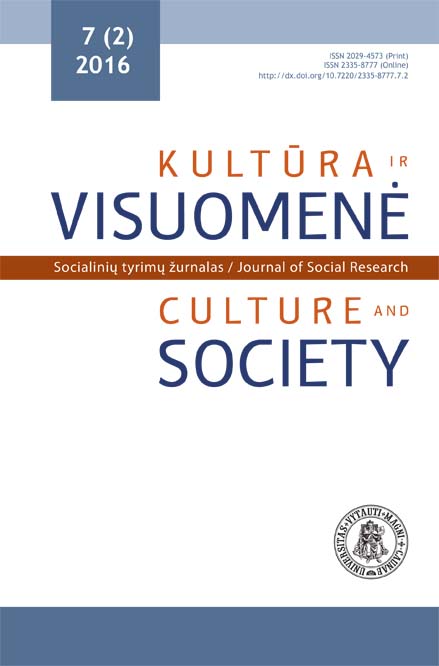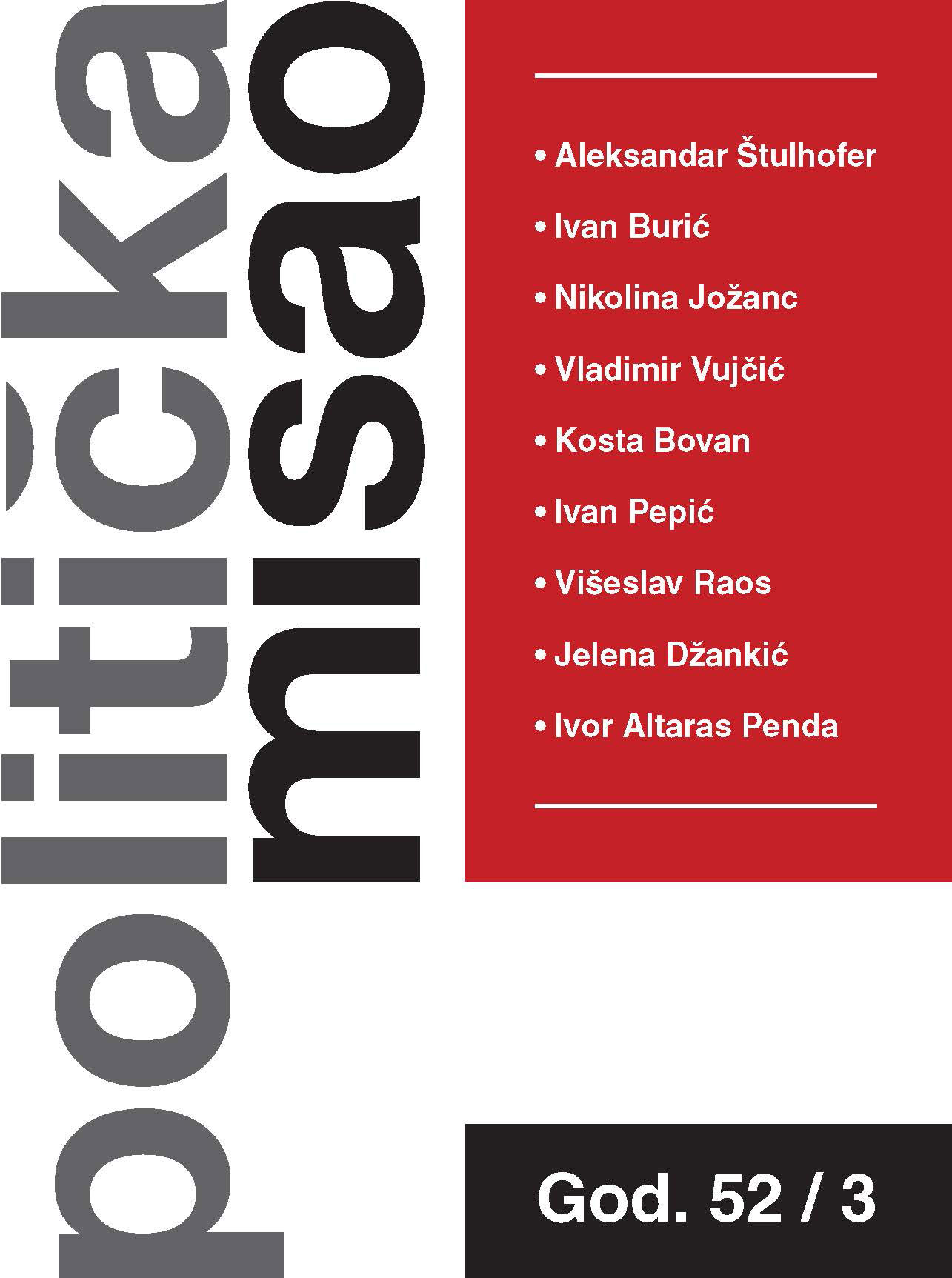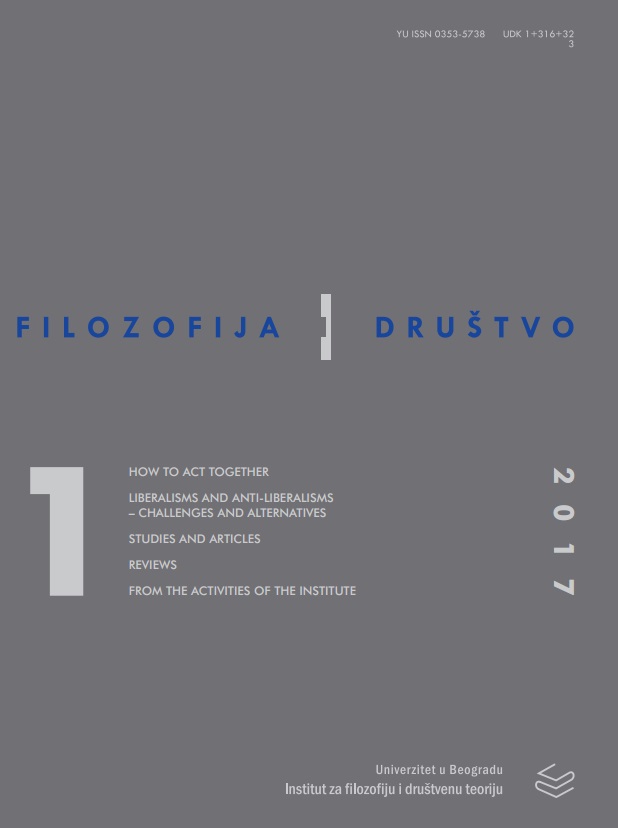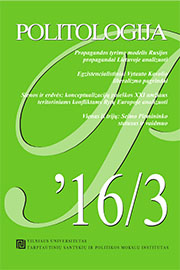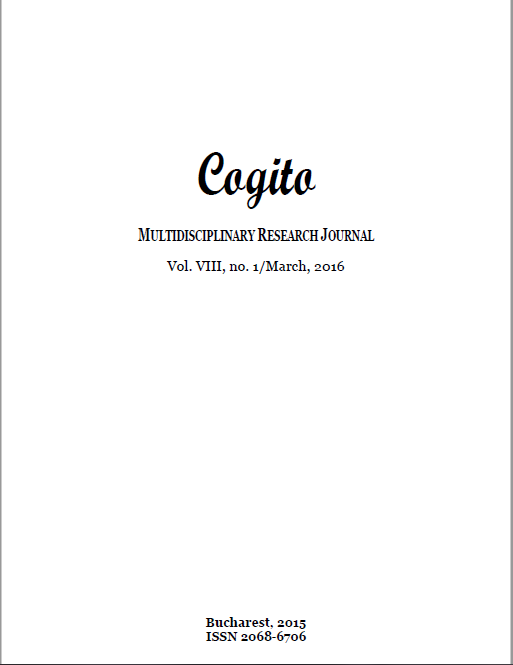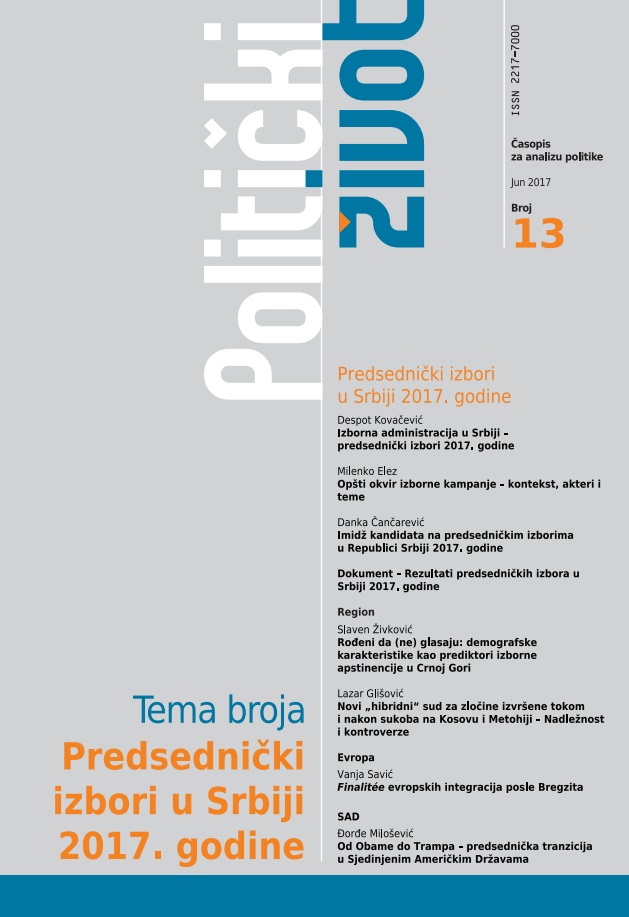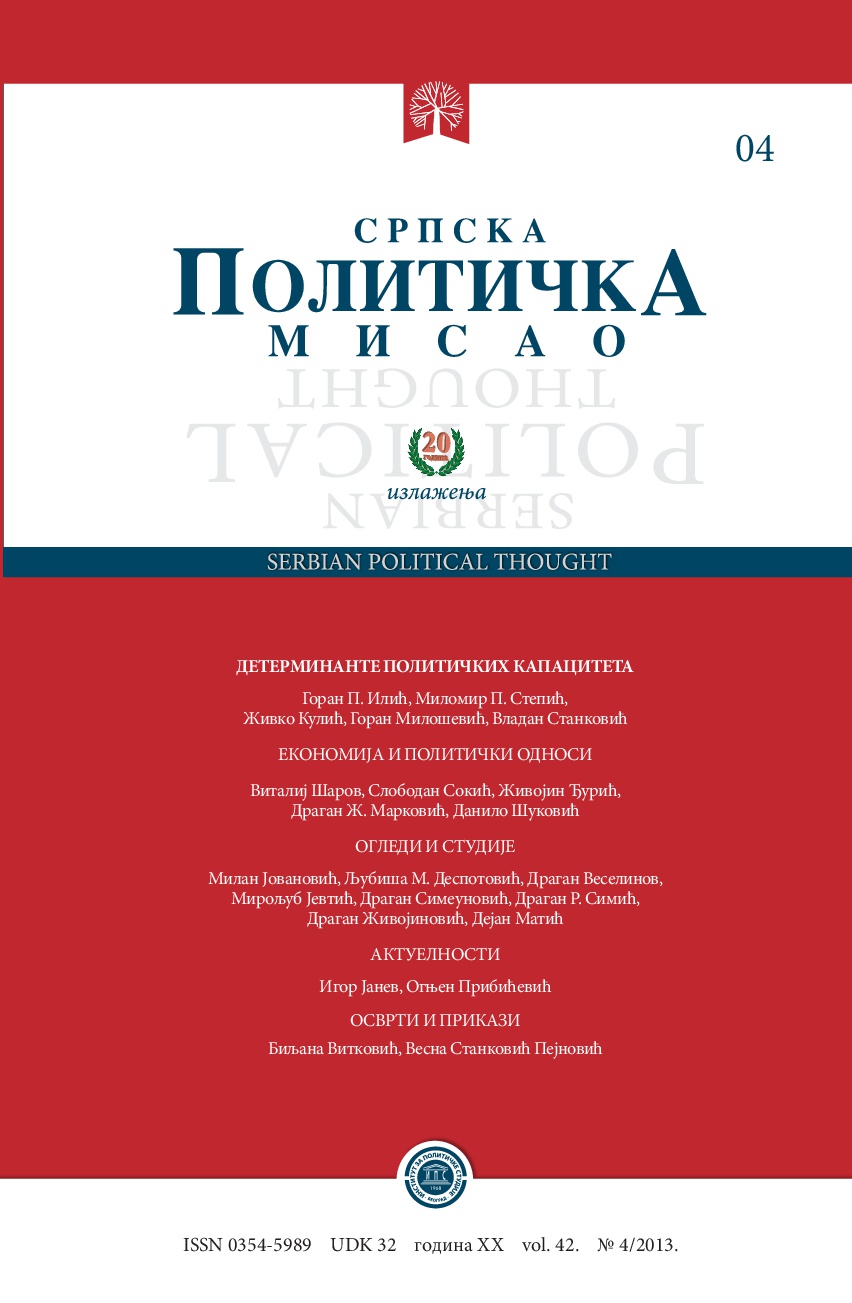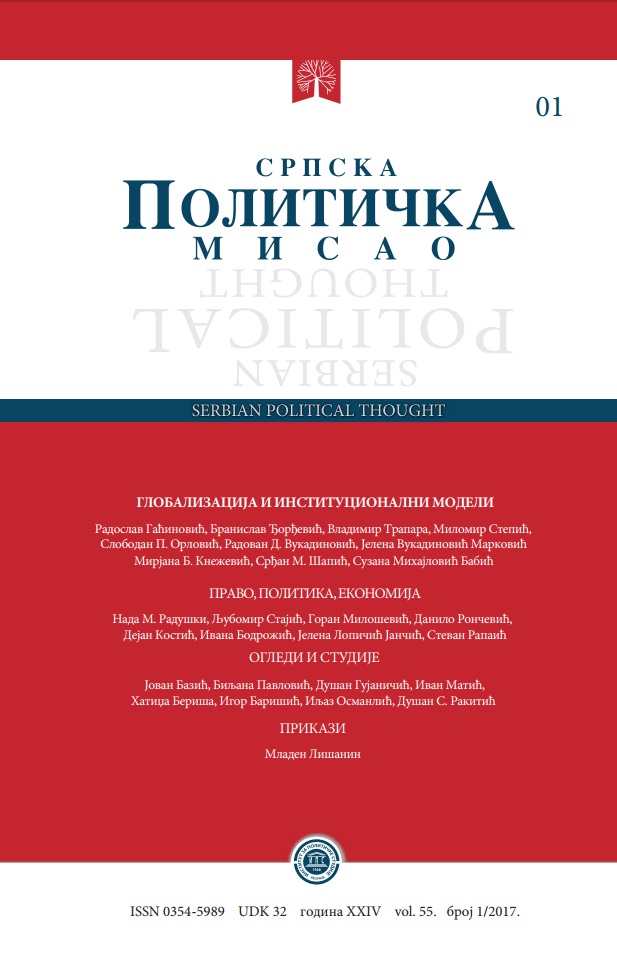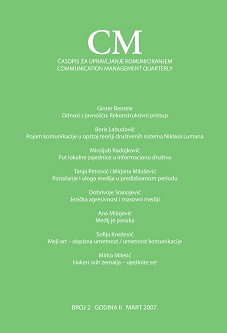Author(s): Živko Kulić,Goran B. Milošević / Language(s): Serbian
Issue: 4/2013
In accordance with changes in society, leadership transformed from static, outdated and stereotypical model to active, effective, fruitful and flexible management model. Instead of command, control, noise and superior behaviour characteristic for the management system, emphasis is placed on behaviour, action and practical activities of a leader, his/her skills and abilities and his/her talent and gift. The essence of leadership comes down to process of shaping the behavior of people in an organization. Leadership is inherent to all areas of human work and activities, and hence the presence of leadership is typical not only in the field of entrepreneurship, but also in political activity of people. People should be won over, gathered around a specific idea, and motivated to focus their knowledge and abilities, their creative energy and potentials towards achieving political or other goals and tasks of the organization. Political leadership should be understood as the process which directs the activity of the members of the team (group or political party) towards achieving the objectives and goals of political organizations. Leadership implies two sides: the leader who creates a vision, and followers (subordinates) who support the vision and follow the ideas and plans of the leader. The activities of a leader must be focused on the effectiveness, that is, on finding real and acceptable political action. Nature of activities of a leader also depends on his/her position in the political organization. Although all holders of political leadership in a given political organization are responsible for adapting to change and achieving the goal of political action, that does not mean that their level of responsibility is equal. Political leadership is integral part of political space, but also an indispensable element of successful work of political organization. Leadership implies the ability to influence other people to cooperate and to contribute to achieving the overall goals and objectives of political organization through their work and actions. Hence, the basic features of political leadership result from its nature and the relevant facts related to the term. Generally, in the literature prevails opinion that political leadership can also be recognized as leadership in other areas of human activities. Thus, the political leadership is identified by the following features: the fact that not only leader participates in it, but also all members of the organization; it relies on human resources rather than on technical and technological superiority; it attempts to monitor changes in the environment, to project changes in the organization and to ensure the necessary adjustments. Political leadership is a collective process which involves both the leaders and members of political organizations (their followers). Such observations lead to the conclusion that the subjects of political leadership are leaders and their followers. Leader is a person able to shape the vision and project strategy of work and development of a political organization, as well as to win over members of political parties to believe in the vision and strategy in order to become loyal followers, willing to invest additional efforts to achieve the set goals and tasks. The process of leadership, as noted, besides leaders, also includes members of political organization, regardless of what they do, their professional profile, how much experience they have and what their contribution to the work is.Activities of political leadership do not depend solely on the leader and his/her abilities, qualities and skills, but also on a number of factors which may include: personal features of leader; features of members of political parties or subordinates; and characteristics of environment. From the aforementioned, one can draw a general conclusion that the performance of political organization is result of individual features (leader’s and party members’), the efforts and organizational support.
More...
